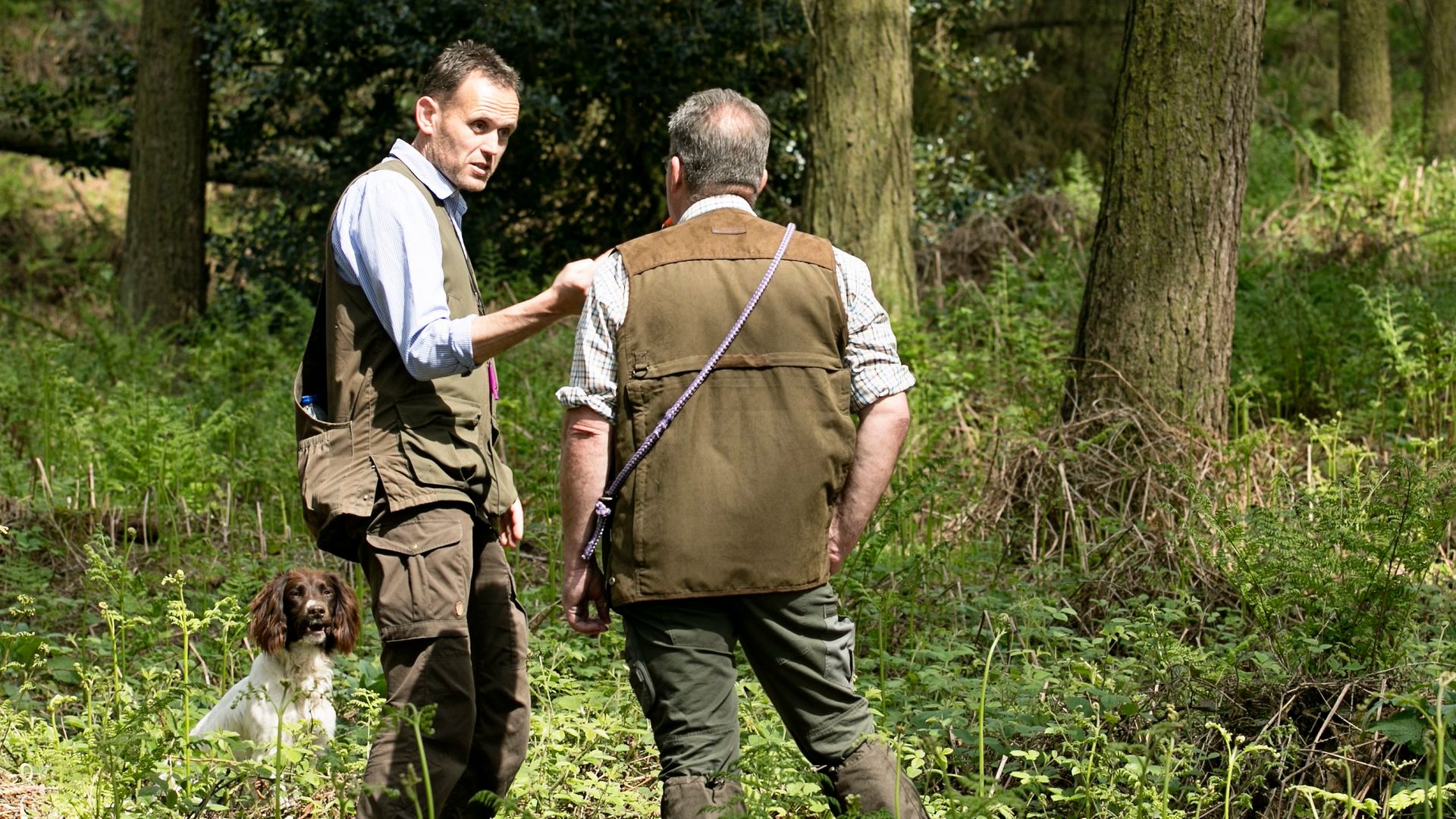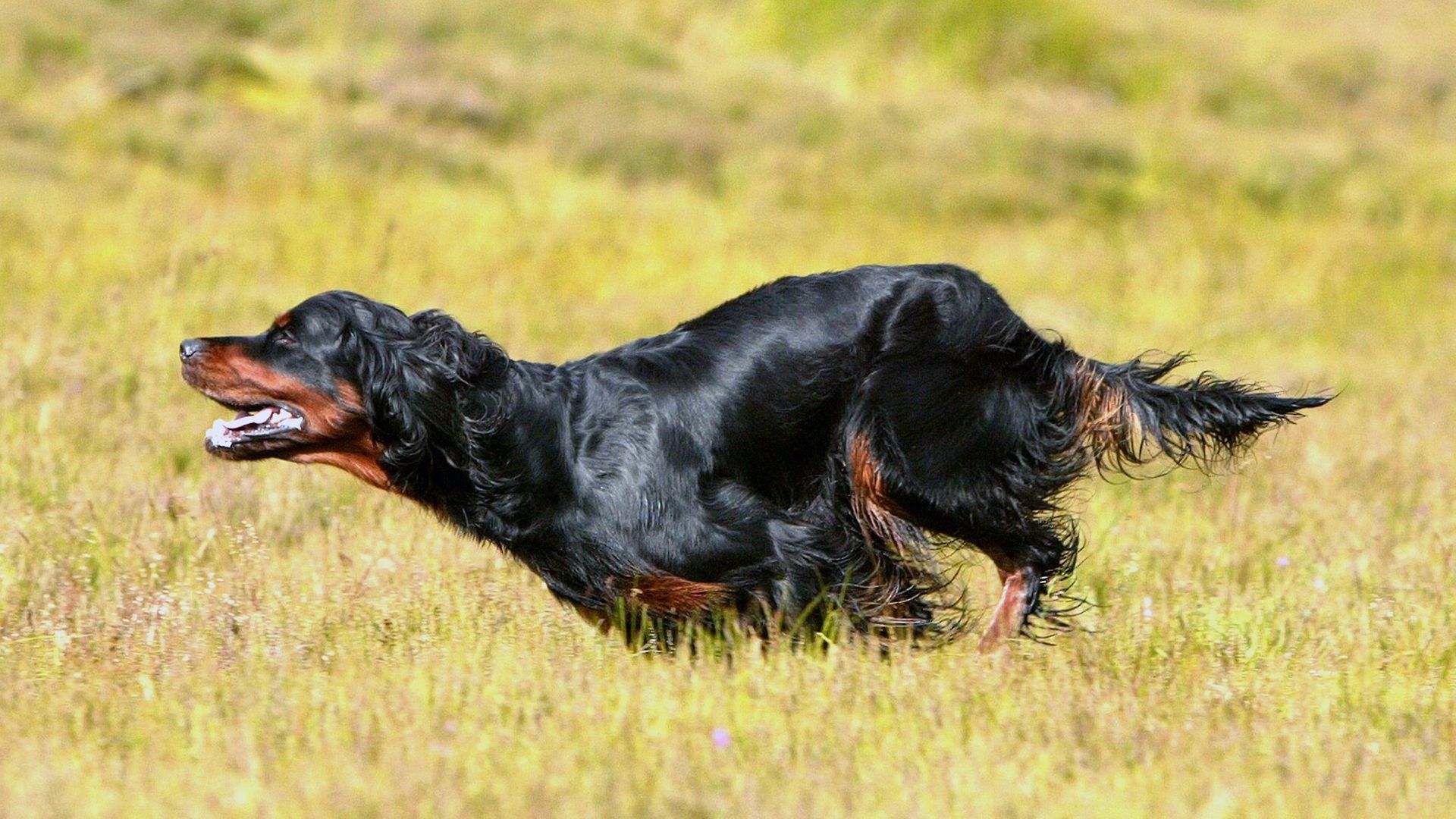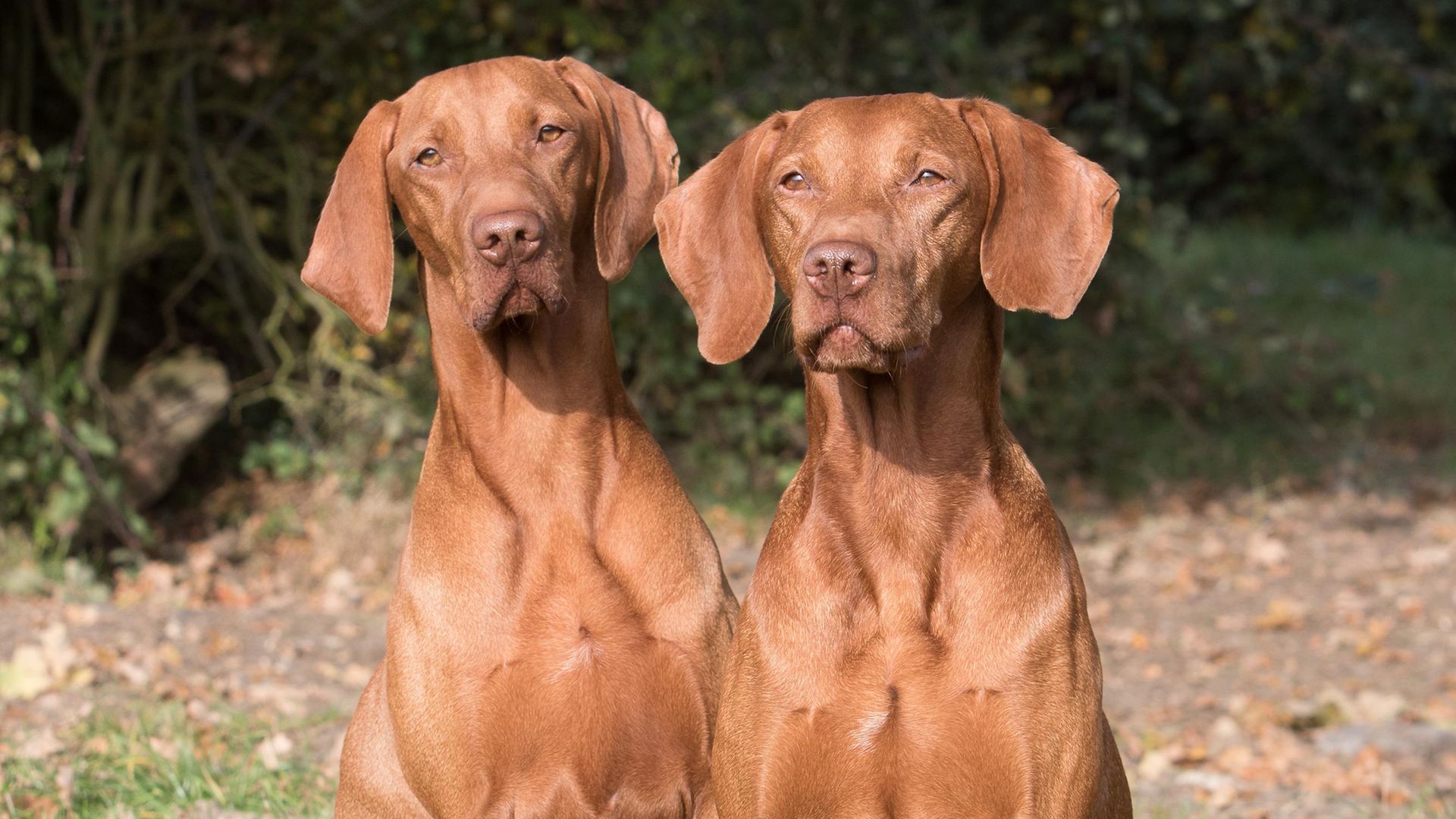The rise in gundog ownership has led to a surge in people setting up as ‘trainers’, but how genuine are their credentials, asks Ryan, and how do you spot a phoney?
Regular readers will know of my concerns surrounding the recent surge in the popularity of dog ownership during lockdown. Thankfully, the huge hike in puppy prices seen during the pandemic seems to have levelled off somewhat as the marketplace has reached almost saturation point in some areas of the country. So that’s it! Everyone now has their pup, their longed-for purchase. Some paid more than others for their new addition, some bought hastily, and some were patient before finally parting with their hard-earned money but in the end, everyone who wanted one got a dog and we can all now settle down to how it was before lockdown, right? Wrong! Now all those gundog owners need educating, which is the area currently worrying me. Just as when people wanted pups, the country bred pups... now people want to know how to train pups, so up pop the new ‘trainers’!
 credit: Archant
credit: Archant
Be wary of trusting the "wrong" training information
Now, my concern doesn’t specifically lie with first-time gundog owners, because we were all new owners at some point. Indeed, I have a great deal of empathy for new gundog owners wanting to train their pup to a good standard. Their job of finding the right information is I feel, a much harder search nowadays than it was a few years ago. The main problem is the volume of information readily available out there, or more worryingly, the amount of poor information readily available out there. Anyone can offer advice. Anyone can post that advice on social media for almost anyone to see. Anyone can call themselves a ‘gundog trainer’. And subsequently, because of all the unhelpful and poor advice on offer, anyone learning the new pastime of training their first gundog now has the difficult task of sifting through the sometimes contradictory and conflicting advice that spews onto social media – and that must be a confusing and a daunting task for any new gundog owner.
There is, of course, a lot of sound information out there from experienced and knowledgeable trainers. I watched a clip on YouTube the other day where a guy explained how to maintain focus and interest from a spaniel (how important that is), coupled with the need to restrict lengthy walks where a young spaniel tends to focus on everything else around except its owner. This was good advice from someone who clearly has a good understanding from working his own spaniels. The problem I have is with those that have set up as trainers purely in response to the recent influx in dogs. Just like the demand for pups in lockdown brought out the unscrupulous breeders, the result of all those extra dogs has brought out some wannabe trainers. I should say that I am totally in favour and respect anyone wanting to start out as a gundog trainer, but there are genuine new gundog trainers with a wealth of experience in the field that are ready to take the leap to pass on their valuable knowledge; and there are phoney gundog trainers where, as the saying goes, a little knowledge is a dangerous thing! ‘Teaching’ is the key area here. The ability to teach and break down methods is essential. You can be the most experienced dog handler in the world, but if you can’t convey, communicate and deliver your expertise in a way that is understood and gets results for the customer, then to my mind, you are not a teacher/trainer.
On the other hand, there are some excellent ‘teachers’ who may be limited by a lack of intrinsic ‘dogmanship’. They possess an academic mind that memorises a checklist-style of dog training, yet lack the natural affinity and connection with the animal. They might be unable to read and respond to what’s being displayed in front of them and, more importantly, transfer that skill to the handler. Maybe it’s best compared to why some jockeys are able to get more out of one particular horse than another jockey. And that goes back to how it was all taught by the ‘teacher’ in jockey school, coupled with the level of horsemanship the jockey possesses.
 credit: Archant
credit: Archant
Breed-specific gundog training
There are basics involved and by this I don’t mean basic training, but more the fundamental understanding that not all gundog breeds are the same. The spaniels, HPRs and even the bird dog owners often suffer the most, as many new trainers often lump them all into the ‘Labrador world’ of constant retrieving. Looking at my own credentials, for instance... I have trained very few setters or pointers. Although I can achieve a standard, my knowledge is more limited with these breeds, so if anyone comes to me wishing to take their setter or pointer to a competitive level, I refer them to a trainer with more advanced knowledge and greater breed-specific understanding.
Two things to consider prior to gundog training
So, if as a new gundog owner you’ve managed to navigate your way through the information minefield, I’d like to now add my two pennies’ worth of advice. There are two things I feel that should be at the forefront of your mind throughout the whole of your learning journey – two book-ends of information, if you like. The first is about understanding your chosen breed. Take the time to really understand what the breed has been primarily bred for. Your dog will try to exercise those inherited genes whenever it can or when it’s given enough opportunity to do so. Ask yourself, do those desires and instincts fit in with your everyday life? Which leads me on to my second bit of advice… Consider your end goal. What is your desired outcome? Your big picture? That perfect thought bubble that you see when you’re out with your new dog?
These two areas – understanding your selected breed and picturing your finished article – should determine everything you undertake in between. That’s to say, all your training, interaction and what you expose the dog to. I’ll give you an example of why these things are so important. The first thing I always ask a new customer is, what is their end goal? What are we working towards together? Like many of the newcomers that come here for a lesson, the end picture is often the easiest part and the area that they may, on occasion, sugar coat with a slightly unrealistic fluffiness. And why not?! We all like to dream. That’s the simplest element, but that dream often obscures the first element, which is of course – understanding the breed – the aspect that should perhaps have been considered a little bit more (by some) before the purchase.
Here’s an example of what I’m talking about. A chap turns up here with a vizsla. It’s a nice sort, 18 months old and full of energy and running. But the poor owner is concerned by the constant chasing and he can’t enjoy his walks. I should mention at this point that this is a pet gundog owner, which is, I believe one of the outcomes of the pandemic period… an increase in pet gundog ownership (i.e. someone who has a gundog just as a pet, not as a working dog – not the term as Lez Graham has coined it, a working gundog who is also a pet).
Now, I obviously can’t complain about the extra business resulting from all these new owners, but I have noticed more pet owners booking in for lessons. Yes, there’s an increase in owners wanting to work their dog also but the pet gundog owners are very much out in full force. Some pet owners, it has to be said, do decide to venture down the route of working their dog once they have gained greater understanding and insight. But for these pet gundog owners (retrieving sub-group aside), I avoid the term ‘training a pet gundog’ and instead use the more realistic and helpful description of ‘living and coping with a hunting breed as a pet’.
Anyway, back to the vizsla. I asked the owner’s end goal. “I want to be able to go for nice walks without constantly calling him back, as he just chases birds all the time,” came the reply. “When we go for walks on the moors, he runs and chases grouse, I think. The other day he got in a wood and flushed and chased pheasants.” This is sadly a rather common story nowadays. I tend not to provide a glossy response, but my explanation always starts with the understanding of the breed. The owner can now lower his/her expectations and begin to avoid or at least manage situations when out and about, rather than expect some magic wand approach that takes him back to his big picture. This owner’s end goal of going for a leisurely walk with a hard-hunting dog off-lead in a game-ridden area is unrealistic and unachievable (and it always was).
 credit: Nick Ridley
credit: Nick Ridley
Remember it's a hunting dog first and foremost
So, trainers must help new owners understand exactly what they have at the end of the lead and then help them manage their day-to-day life with their dogs, as this is often where many of the problems may lie, especially with hunting breeds. This, I believe, is far more beneficial than the owner just going through the motions, carrying out a series of training exercises in a conditioned environment, which don’t really transition to the real world outside of that environment.
My own vizsla, Molly, sadly passed away a couple of months back. My wife, Alison, had achieved Kennel Club Good Citizen bronze, silver and gold obedience awards with her, which was a great achievement for them both; but it wasn’t really training Molly for the big picture of trialling and beating. Yes, it increased her biddability and a desire to please, but pop her in a gamey environment, and naturally her hunting instinct would kick in. All her gundog work, as it were, was trained separately, where she went on to achieve Field Trial awards and enjoyed beating.
But my point is, she was first and foremost a hunting dog, and a pet second. Because if I had decided to place that order of importance the other way round, then I would have been letting Molly down! That is the order she wanted things and that is the order all hunting dogs want things. If you want simple proof, try picking your dog up for a cuddle whilst walking through a pheasant pen and tell me what it’s really bothered about! That’s the area I feel trainers often most need to educate new gundog owners about. Our pet world of dog walking doesn’t come before hunting for a hunting dog.